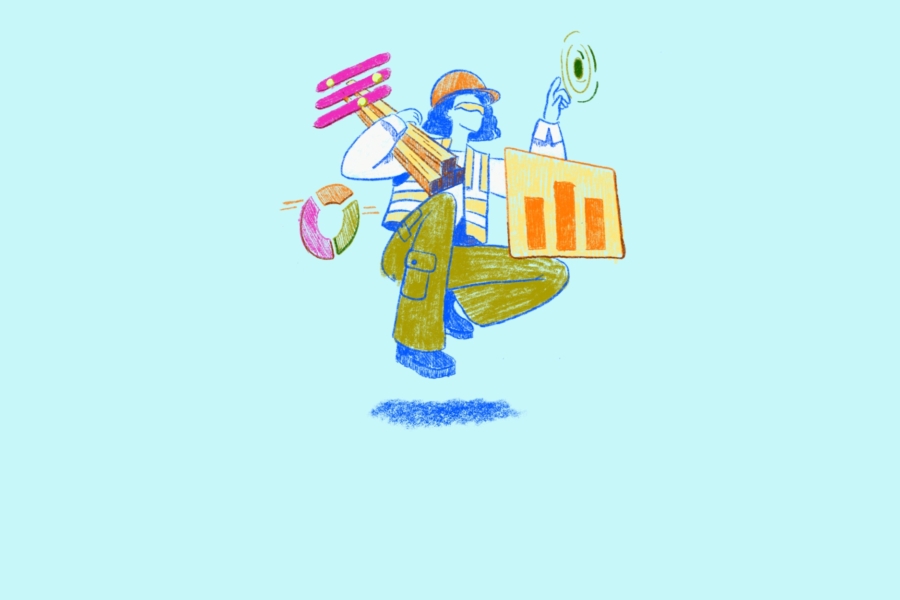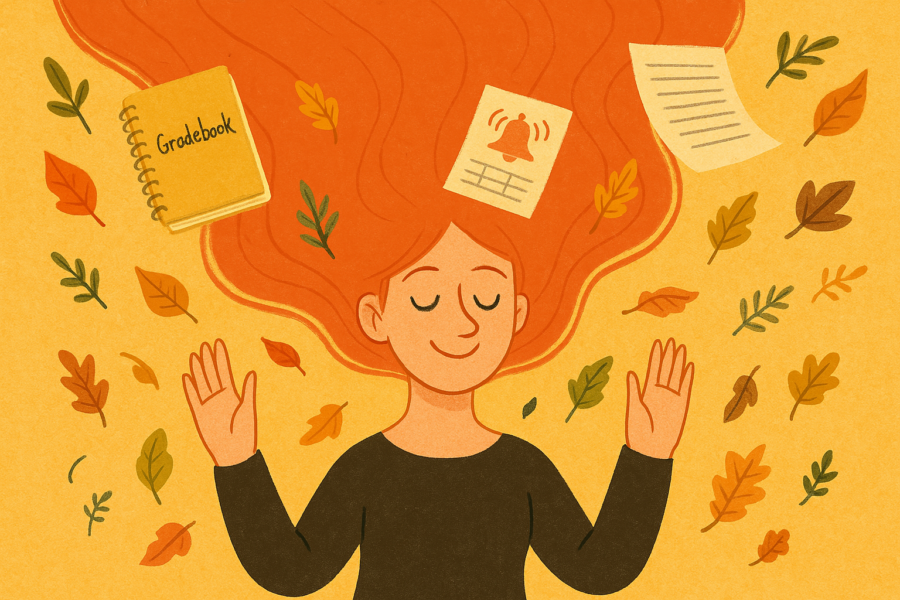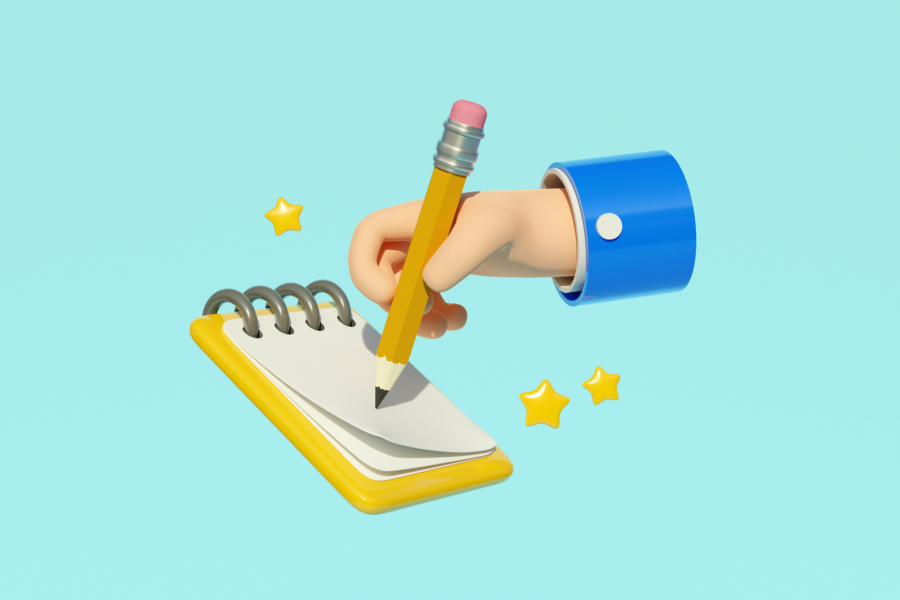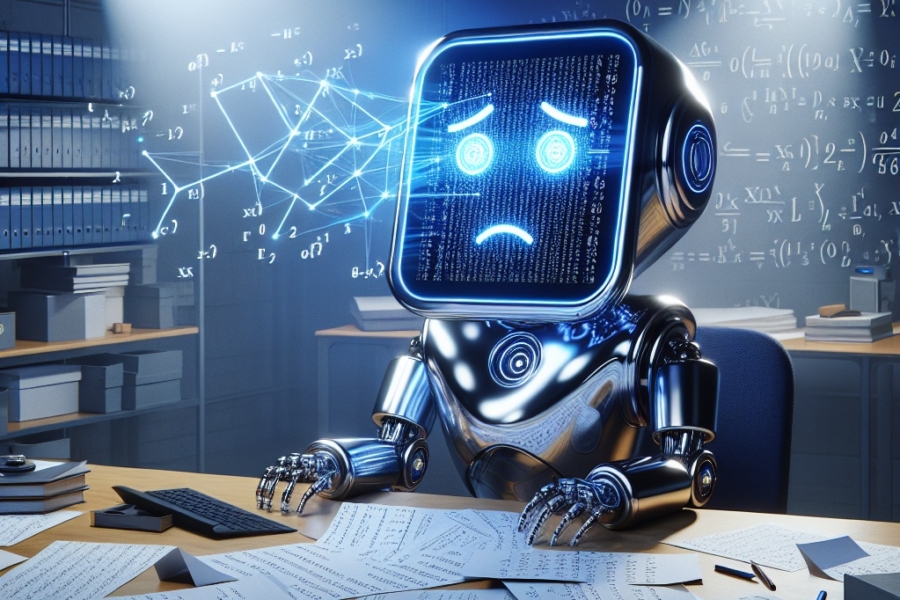Perhaps the most magical thing about Generative AI is how quickly it can bring ideas to life. If it can be described, it can be built. Or at the very least, a working prototype. As a founding member of OpenAI declared earlier this year: “The hottest new programming language is English.”
As early investors in leading AI platforms like Replit, Mathpix and MainStay, we have seen how technological breakthroughs can transform livelihoods and learning experiences. Generative AI has since birthed new, beloved tools like Curipod and MagicSchool that are scaling quickly in schools and classrooms.
In that spirit and in time for the holidays, below is our wishlist of ideas where AI can dramatically improve learning experiences, opportunities and livelihoods. (Credit to our colleagues who shared these at our team offsite.)
In addition to our core fund, we also have a carveout for early-stage, pre-seed AI founders. If you are building to solve big problems in education, reach out!
Remembering friendships, sparking (re)connections
The proliferation of data on our phones (health, video, photo, location) offers a trove of insights that AI can surface to improve our wellbeing. What if you can simply search “happy with friends” to surface all the videos, photos and other memories that remind you of the good times with loved ones, and perhaps even help facilitate reconnections? Or have AI share observations like: “We notice that you show signs of happiness when you spend time with this person” or “You are increasingly anxious when you are spending time in this location.”
Now connected more than ever, our digital footprints are powerful sources for reminders and insights that are grounded in positive psychology and psychosocial development.
Knowledge and workflow intelligence
As companies grow, the complexity of information flow increases exponentially. Knowledge silos emerge, making it challenging for individuals in different teams to access relevant information. Documentation has become an important practice for every organization but it is rather tedious and usually not fun.
What if AI can track our work across tools like Slack, Drive, GitHub and Figma to understand the context and relevance of all the information, and automatically document best practices, repetitive tasks, and bottlenecks? Such workflow intelligence could significantly enhance work efficiency and decision-making by improving communication, reducing learning curves, and surfacing critical knowledge from silos and backchannels.
Learning by DIY
There are lots of things we pay people to fix, usually because we don’t have the time, resources or skills. But sometimes we pay (a lot) for small projects that would be cheaper and more rewarding if we could do them ourselves. For example, there is plenty of content (YouTube, WikiHow) for DIY home repairs but it is hard to know if the materials, problem and other contextual details match your situation. Identifying the make and model of parts you need to replace can be a headache (like finding the right washer out of hundreds on the shelf).
Today there are Generative AI apps that offer interior design and renovation ideas based on user photos. What if they also showed you what it would take to make and repair physical things — point you to DIY instructions from existing or crowdsourced resources, and identify specifically any parts and tools you need, and where you can obtain them? Even if you decide to not take the job on, you would still have a better sense of what the project costs should entail.
Reimagining career development
Students and young professionals have different exposure to career opportunities, shaped by socioeconomic status, social capital and geography. Counselors, already in short supply, are limited in their networks and experience, and the transitions from school to college and work are no longer as straightforward.
With career paths changing, AI can offer guidance that identifies unique (and unconventional) combinations of skills and interests that could be advantageous in the evolving job market. Taking into account an individual’s strengths along with labor market trends, it can recommend skill stacks to capitalize on emerging career opportunities. Schools and employers would also benefit from such technologies that can reconnect education and work in ways that are more fun, relevant and rewarding for all.
Parenting sidekick
Parenting decisions are painstaking and friction-filled. Especially for first-time parents short on time and money, it is hard to evaluate the tradeoffs between all the different child-related services and products, not to mention whether they are guided by learning science.
With the combination of ecommerce and large language models that can parse information and research, there is an opportunity for end-to-end parenting sidekick that helps families make evidence-based decisions in one seamless experience. Imagine AI that can advise on groceries and meal plans based on a child’s preferences, and within a budget and health guidelines. Or help parents find and register summer camps for kids based on location, personal calendars, and activities that align with kids’ hobbies. Or a coach that can offer tips on handling the inevitable tantrums of toddlerhood.
Art and innovation
Art plays a critical role in how we learn and what we imagine, and there is ample evidence on its importance on brain plasticity, intuition and expressivity.
With AI, art can become an even more engaging entryway for all learners to engage with different subjects and connect the dots. Imagine a world where students can readily access math and science through the eyes of Escher and Leonardo Da Vinci, seeing the shapes, patterns and optics involved in the creation of their masterpieces. Or AI that brings history to life through the works of artist-activists who call out power inequities. Already AI is intersecting with arts and technology to create new media to reimagine how we tell stories.
Art has always been a wedge into understanding the world, and with AI it will further inspire and empower the next generation of learners, entrepreneurs and builders.
Thank you to our ever-creative colleagues at Reach Capital for their contributions to this post.







